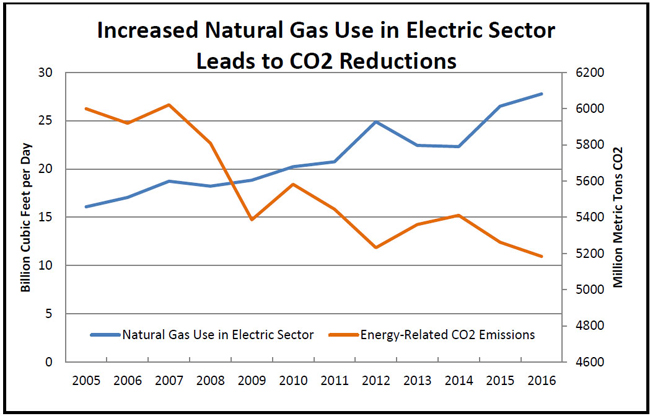Erica Bowman holds press briefing on Gasoline Prices, U.S. energy production and the U.S. economy
API Chief Economist Erica Bowman
Press briefing – Gasoline Prices, U.S. energy production and the U.S. economy
AS PREPARED FOR DELIVERY FOR AUGUST 24, 2016
Opening statement: Good afternoon, everyone. Thank you for calling in. The United States is the largest producer of oil and natural gas in the world, and, as Americans wrap up the traditional summer driving season, motorists have continued to see the benefits of America’s energy renaissance with relief at the pump, lower carbon emissions and a U.S. economy that continues to gain market opportunities due to the lifting of export bans on crude oil.
This year, tens of millions of Americans took advantage of low gas prices to travel. The benefits for U.S. consumers – as well as manufacturers, the travel and tourism industry and, frankly, our entire economy – are tough to exaggerate.
U.S. production is a clear factor in lower global crude prices, which has translated into lower energy costs for individual Americans and families. Year-over-year U.S. gasoline prices have declined by almost 50 cents per gallon, due in large part to the decline in the price of crude oil. AAA says lower prices at the pump allowed drivers to save an average of more than $550 in 2015. The first half of 2016 has shown crude oil prices to be 25 percent less than the first half of 2015. This is a clear winning scenario for American consumers.
Nationwide, the overall picture this year has continued to be one of strong supply and moderately increasing demand for both crude oil and gasoline. Domestic oil production has remained close to all-time highs even though rig counts have been cut in half over the last year, and U.S. refineries have produced record amounts of gasoline. Reports also suggest that rigs are coming back online ahead of the end of the year, meaning that production could see an additional boost in the months ahead.
But the U.S. will not continue to lead the world in oil and natural gas production, and American consumers may not continue to benefit from lower energy prices, if forward-thinking energy policies are not in place.
In order to maintain a robust supply of domestic oil for the future, the U.S. must have a regulatory system in place that doesn’t hinder access for energy production and threaten our energy supply. We need a modernized energy strategy that matches our new energy reality.
The data has proven that America can be a world leader in energy and that global competition benefits U.S. consumers. Thanks to the lifting of the oil export ban, American suppliers have added six more countries to the fast- growing list of customers interested in energy supplies from the U.S. That is six more than in 2015 and already double the number of countries in 2014. In addition to economic benefits of increased trade activity with Europe, America’s world-leading production of crude is helping to make up for oil disruptions across the globe, including the Middle East and West Africa where supply disruptions have been reported throughout the year.
Despite critics’ predictions that crude exports would lead to gas price increases, prices have remained low.
Concurrently, thanks to affordable and abundant natural gas resources, the U.S. has also seen an increased use of this energy source as the preferred fuel for electricity generation. Due to record production levels and technological advances in hydraulic fracturing, energy-related emissions of carbon dioxide in 2015 were 12 percent lower than they were in 2005, even as the U.S. economy was 15 percent larger last year than it was a decade earlier. EIA also projects that 2016 will have seen the lowest levels of energy-related carbon emissions in nearly a quarter century while natural gas use in the electric sector is expected to be the highest on record.

Source: EIA Short-Term Energy Outlook, Release August 9, 2016
Additionally, according to a study by IHS Global Insight, U.S. shale gas production contributed $156 billion to real disposable income in 2015 – meaning the average American family saved $1,337.
Looking ahead to November and before the debates this fall, no time is better to remind candidates about the importance of the American energy renaissance for U.S. consumers, families, the nation’s economy and U.S. energy security. We welcome continued discussion during this election about America’s long-term energy needs, because we know it’s important to American voters.
We must continue to think long term - continue to ensure access to new areas for energy development, and invest in reliable energy infrastructure - to protect U.S. consumers, businesses and national security for generations to come. With the right policies in place, our energy renaissance can endure for decades and help even more families afford to take a vacation on Labor Day weekend for generations to come.
With that, I’ll be happy to take your questions.


